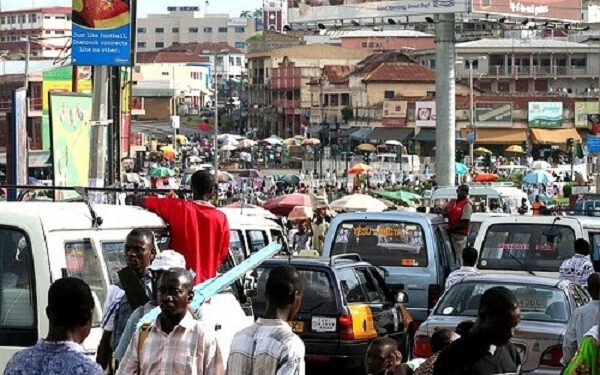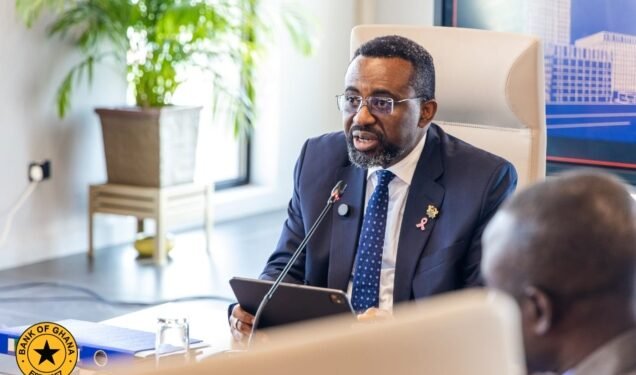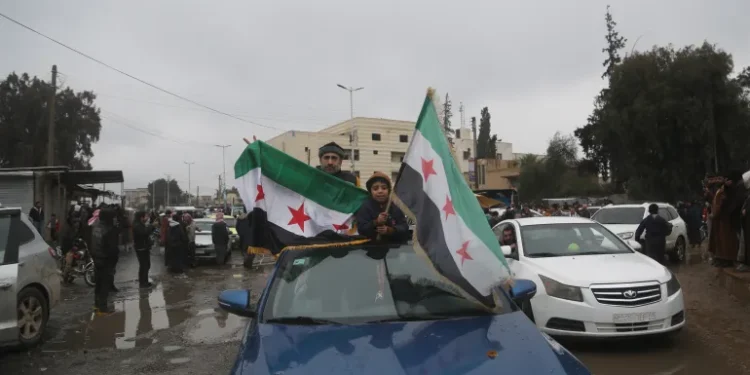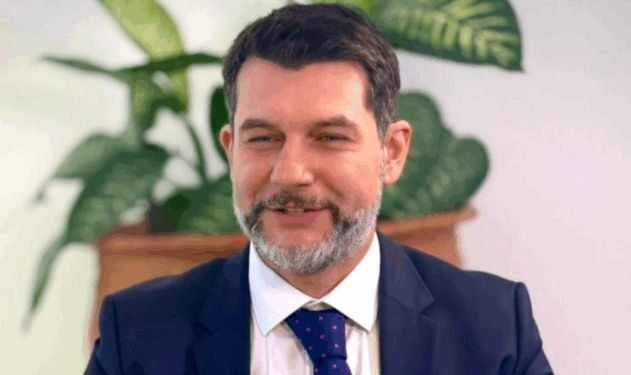The Vice President of IMANI Centre for Policy and Education, Selorm Branttie, in a scathing critique, indicted Ghana’s current socio-economic trajectory.
His pointed critique, encompassing financial mismanagement, state capture, rising living costs, and infrastructural failings, exposes a nation distracted by trivialities while critical issues are neglected.
Mr Branttie in his critique, opined that Ghana’s financial landscape is in shambles, arguing that for over a year, the country has failed to service its debts, leading to a significant loss of confidence among international investors and financial institutions.
He emphasized that the country’s central bank, an institution that should be a bulwark of economic stability, has lost an alarming 60 billion cedis with the enormous deficit requiring recapitalization, a move that will likely place additional strain on the country’s already stretched financial resources.
This financial debacle, Mr Branttie noted is not merely an isolated incident but indicative of deeper systemic issues confronting the country.
He decried the apparent acquisition of state assets by political leaders and state capture suggesting a disturbing reality where powerful individuals are manipulating the system for personal gain.

Rising Costs and Stagnant Wages
Furthermore, the Vice President of the leading policy think-tank, IMANI Centre for Policy and Education lamented how ordinary Ghanaians face a relentless rise in the cost of living.
According to him, the prices of essential commodities such as fuel, gas, water, and electricity continue to soar, while wages have remained stagnant, eroding the purchasing power of the average Ghanaian.
He also pointed out that cement prices, critical for construction and housing, have also skyrocketed, compounding the financial burden on families and businesses alike, adding that the disconnect between rising costs and stagnant incomes is creating an unsustainable economic environment.
Infrastructural Failures and Flooding
Additionally, Mr Branttie decried the country’s infrastructural inadequacies, especially in the capital leading to the frequent flooding in many neighborhoods, a few hours after a downpour.
He described a scenario where half of the roads in the country’s capital got submerged, cutting off communities and causing widespread damage to homes and businesses.
Mr Branttie, strongly posited that the floods are not merely natural disasters but are symptomatic of a failure in urban planning and investment in resilient infrastructure.
“Fuel, gas, water, and electricity prices keep rising and your pay is the same. Cement prices have skyrocketed. In our neighborhoods, half of all our roads are flooded a lot of areas will be cut off and houses will be flooded. People will lose money, lives, etc”.
Selorm Branttie, Vice President of IMANI Centre for Policy and Education
Distraction by Trivial Matters
Despite these pressing issues, the renowned policy analyst, Selorm Branttie lamented the national obsession with trivialities, citing the recent buzz around a chef’s purported record as a case in point.
This distraction, he argued, is a deliberate tactic by those in power to divert attention from their failures, adding that the media’s fixation on such inconsequential stories detracts from the critical issues that demand public scrutiny and action.
He emphasized that the media’s fixation on inconsequential matters allows those responsible for the country’s woes to operate with impunity, shielded by a veil of inconsequential news that captivates public attention.
A Call to Action
In fervent call to action, Mr Branttie admonished the youth of Ghana, accusing them of indifference towards the issues that truly matter.
This indifference, he warned, is dangerous, as it allows those in power to continue their exploitative practices unchecked.
He called on the youth to refocus their attention on the critical issues of financial stability, rising living costs, and infrastructural development.
Selorm Branttie’s comments are a stark reminder of the many challenges Ghana faces, including financial instability and state capture to rising living costs and infrastructural failures, the issues are complex and multifaceted.
It is therefore most critical for both the government and the public to redirect their focus to the substantive issues at hand, as it is only through a collective effort that can help the country to overcome its current challenges and build a more stable, equitable, and prosperous future.
READ ALSO: Fidelity Bank Commits GHS 1 Million to Transform Ghana’s Agricultural Sector























